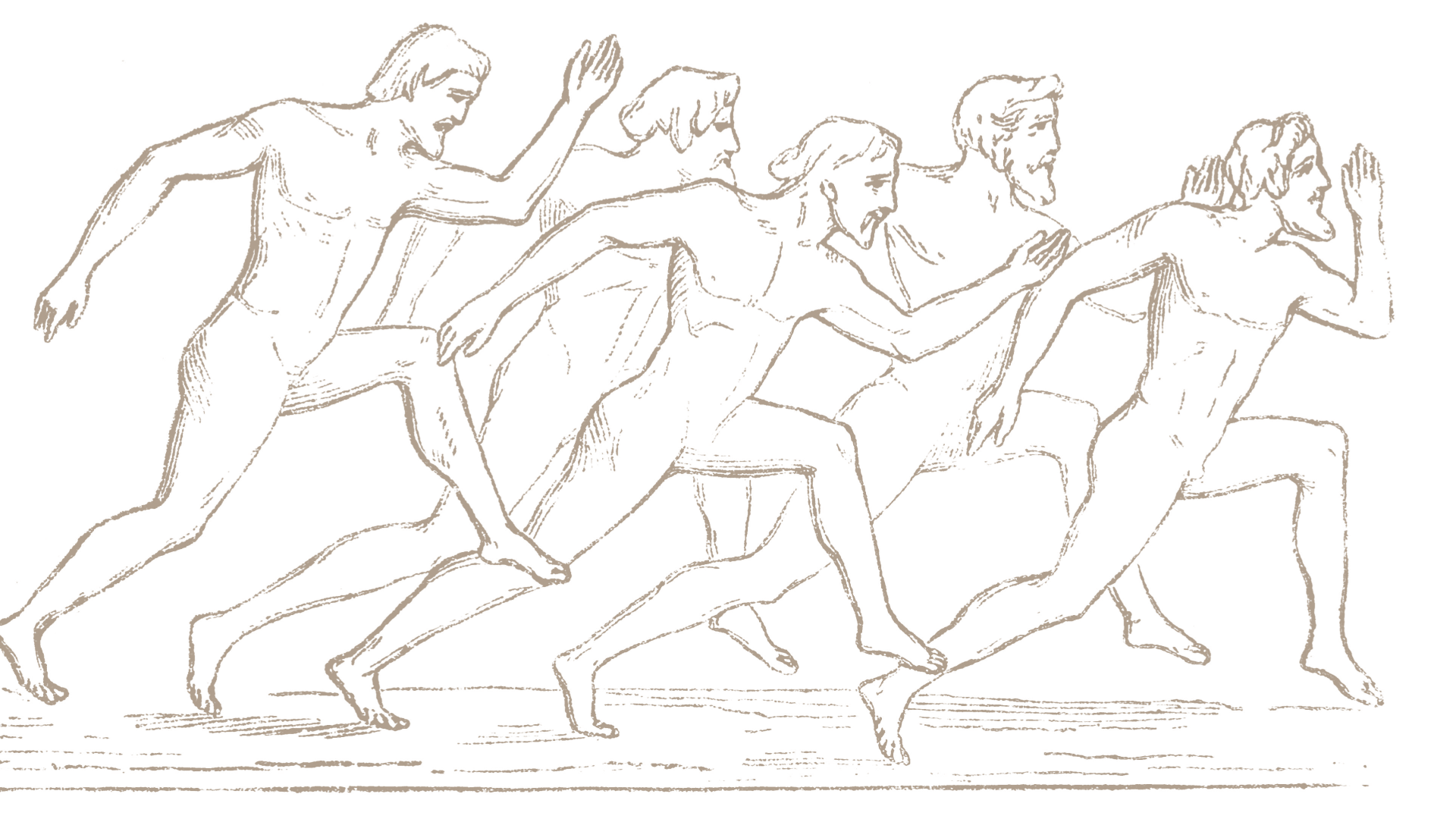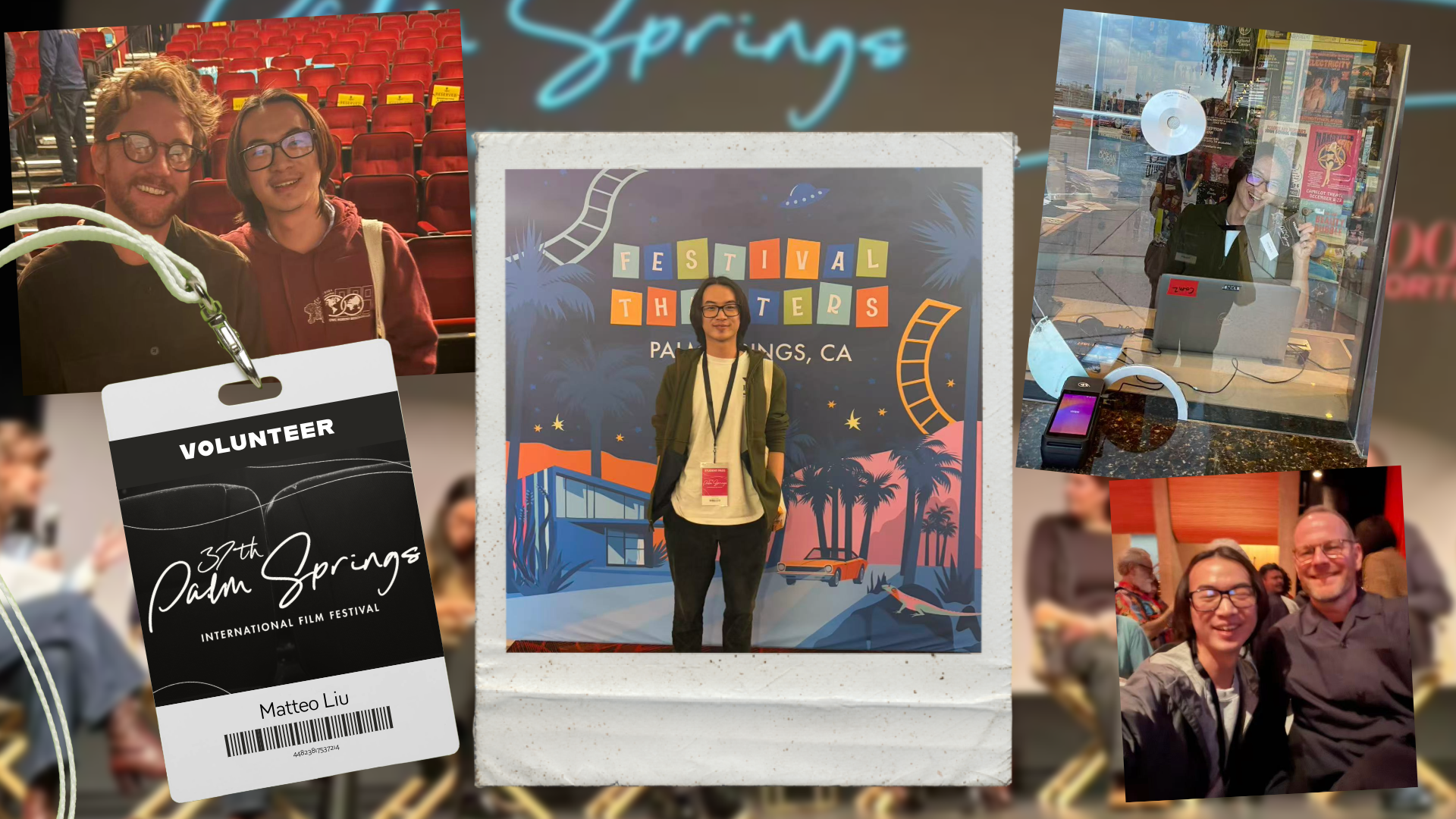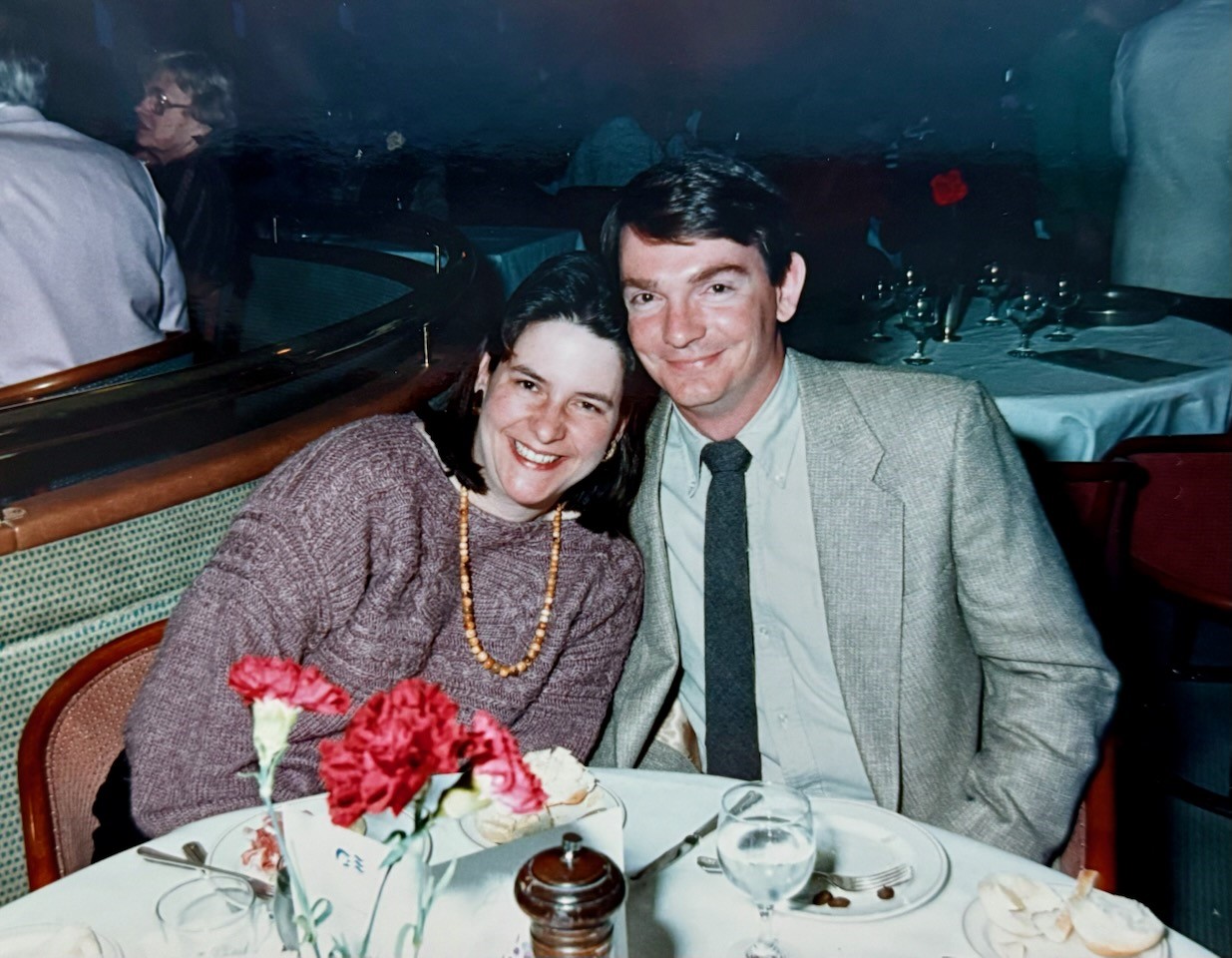NOAA Scholar Steffaney Wood ’18 on Toxic Algae and Twitter Takeovers
April 13, 2018
Sea lions, shellfish and humans–these things have something in common: They are connected by a toxic algae that can cause serious health problems. Steffaney Wood '18, the first woman from Davidson to earn an Ernest F. Hollings Undergraduate Scholarship from the National Oceanic and Atmospheric Administration (NOAA), studied these connections during her NOAA internship.
Wood, an environmental studies major on the natural science track and a chemistry minor on the pre-medicine track, applied for the NOAA scholarship her sophomore year at Davidson. She is only the second Davidson student to hold the scholarship.
Wood's presented the results of her research at two scientific gatherings this fall and spring, and was selected to lead a "takeover Tuesday" on the NOAA Education Twitter page during the American Geophysical Union's fall meeting. Some topics the environmental studies major tweeted were toxic algae on the West Coast (Wood's own research), vertical land motion in the Chesapeake Bay, next-generation diversity and gender distribution in geophysicists, measuring solar magnetism during the eclipse, and the connection between global record 2016 temperatures and 2017's extreme weather events.
Soon after, she headed to Portland, Oregon, to present her capstone research, "Variability of Pseudo-Nitzschia and Domoic Acid Along the U.S. West Coast," at the Ocean Sciences Meeting.
Here, Wood takes a few minutes to talk about her scientific career so far.
How did you decide to be an environmental studies major?
It was because of the interdisciplinary/multidisciplinary aspect of the major, which I realized after taking environmental humanities with Professor Annie Merrill my freshman year. The environmental studies major is exemplary of a liberal arts education because of the interdisciplinary focus. I love how the major allows me to take a variety of natural science courses as well as humanities and social science courses. For example, this semester I am taking both biochemistry and environmental ethics.
What does being a NOAA Scholar entail?
It involves a two-year academic scholarship, paid summer internship at a NOAA facility, presentation at the annual NOAA Science and Education Symposium, and attending up to two other conferences. There are approximately 120 Hollings Scholars selected each year. This summer, NOAA funded my travel to and from my internship site in Seattle and covered a housing stipend, in addition to the paid internship.
Tell us a little bit about your research.
For my internship, I worked with the Marine Biotoxins Program at the NOAA Northwest Fisheries Science Center (NWFSC) in Seattle. I became interested in harmful algae because it presents a unique intersection of my interests in environmental and marine sciences as well as public health and medicine. Toxic outbreaks of Pseudo-nitzschia are a continuous environmental health concern because certain species produce the neurotoxin domoic acid, which can cause amnesic shellfish poisoning in humans. Growing up in Southern California, I was familiar with the effects of the toxic harmful algal blooms on local sea lion populations. At NWFSC, I got to work closely with mission scientist Brian Bill and lead scientist Vera Trainer.
Where have you presented your work?
I interned in Seattle for 10 weeks between the ends of May and July, presenting at the NOAA Science and Education Symposium in early August. I was able to continue with the research for my environmental studies capstone project. I prepared for the American Geophysical Union's conference by refining the poster I made for my capstone project and practicing summarizing my project.
What's next?
I worked on refining some of the research and presented the results at the Ocean Sciences Meeting in Portland, Oregon, in February. I will also be working in Professor Cindy Hauser's Davidson lab on hookah smoke-related research. I am working on fellowship and job applications for next year, after which I plan to apply for graduate schools.



